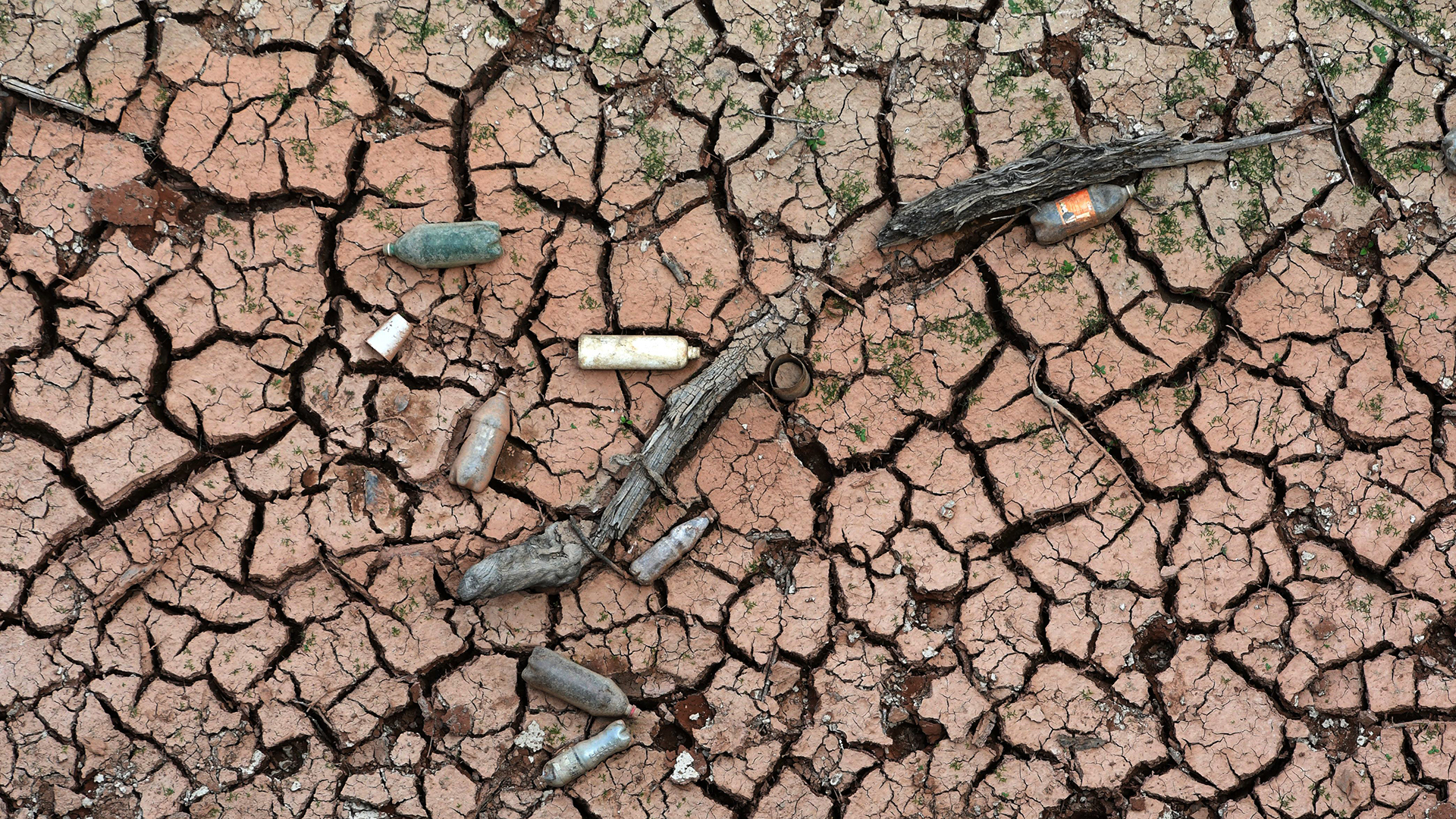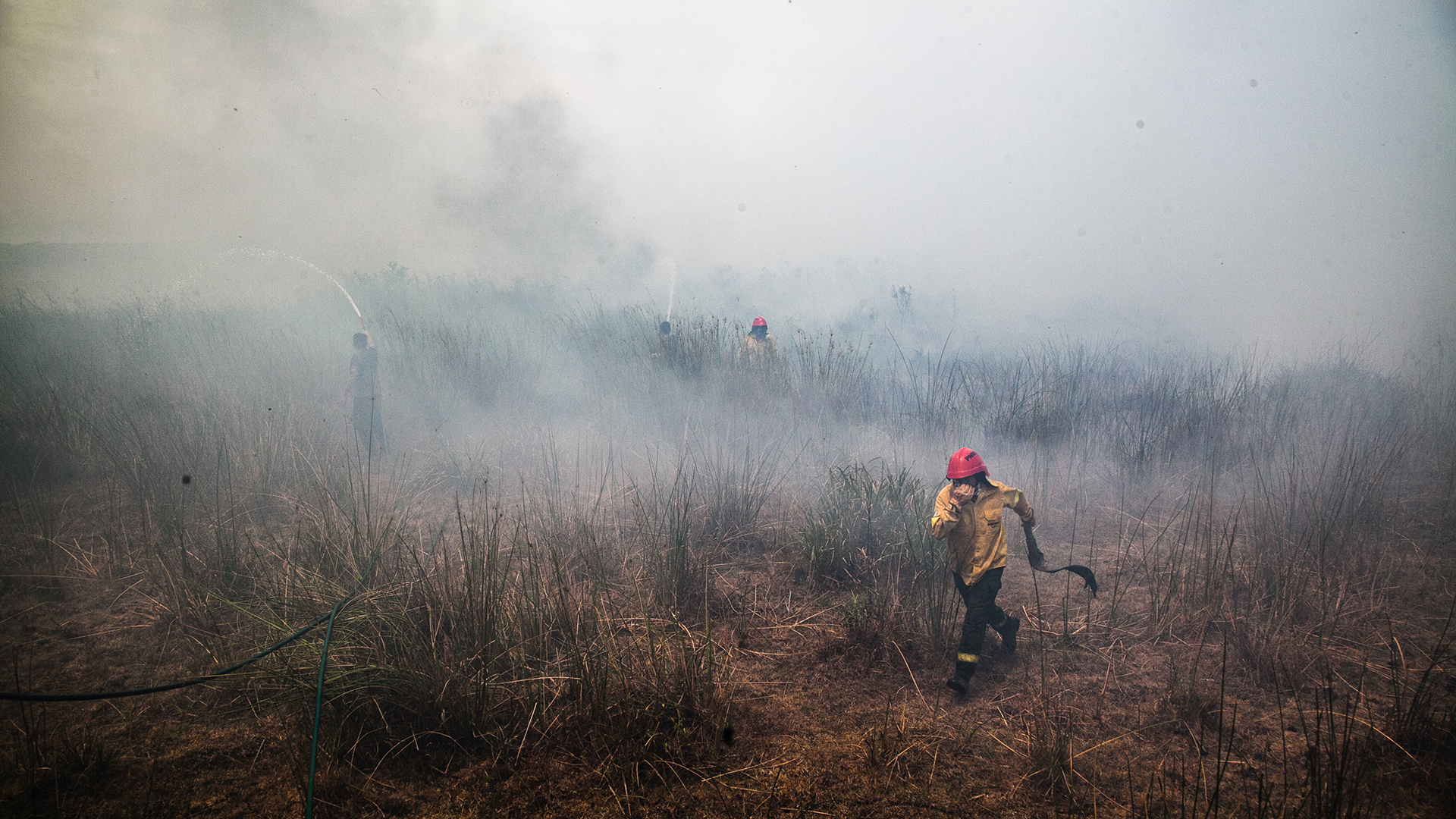The impact of climate change is affecting people around the world, and the window is rapidly closing for us to prevent catastrophic and irreversible consequences, according to a new report by the Intergovernmental Panel on Climate Change.
The second part of the sixth assessment report was written by 270 scientists from 67 countries. The new assessment was released on Monday and the representatives from the Intergovernmental Panel on Climate Change spoke at a virtual press event.
According to the report, an estimated 3.3 billion to 3.6 billion people live in regions that are highly vulnerable to climate change. The impacts of global warming are not evenly distributed, and those who are most vulnerable to climate change are often cut off from resources that could help them adapt or mitigate risk.
There are 10 myths busted about the reality of climate change.
RECOMMENDED VIDEOS FOR YOU...
The Secretary-General of the United Nations said at the briefing that the report is an atlas of human suffering and a damning indictment of failed climate leadership. Evidence from more than 34,000 scientific sources shows how climate change is disrupting food production.
The Chair of the Intergovernmental Panel on Climate Change said that the disruption will only get worse if we don't take necessary steps to limit warming to 2 degrees Celsius.
Lee said that the report shows that climate change is a grave and mounting threat to our well-being and a healthy planet.
The world is on track for emissions to rise an estimated 14% over the coming decade, instead of being net zero by the end of the century.
That spells disaster. He said that it would destroy any chance of keeping 1.5 C alive.

The report states that food and water scarcity are on the rise and are affecting millions of people around the world, especially in Africa, Asia, Central and South America, and on small islands. The authors wrote that global agricultural growth has slowed over the past 50 years as Earth warms, with most of the negative impacts occurring in midlatitude and low latitude regions.
There are more deaths from heatwaves and respiratory problems linked to air pollution with extreme heat events increasing around the world. Climate-related food-borne and water-borne diseases spread more widely and more rapidly, as do vector-borne illnesses and zoonotic diseases driven by range expansion for the organisms that carry harmful pathogens, according to the report.
Climate change harms mental health in North America. People who have lost their homes, livelihoods or loved ones in floods and wildfires may be affected by post-traumatic stress disorder, according to a new report. Watching news stories or reading about the damage caused by climate change can negatively impact mental health, even when the person following the news hasn't experienced destructive climate change firsthand.
The good news is that humans are able to adapt to a warming world, and that growing public and political awareness of climate impacts and risks has resulted in at least 170 countries and many cities including adaptation in their climate policies and planning processes. According to the report, those strategies can vary widely depending on location and may be constrained by inequity and poverty.
According to the National Marine Aquarium Chair in Public Understanding of oceans and Human Health, one of the key findings by the Intergovernmental Panel on Climate Change is that many viable adaptation options rely on natural ecosystems, such as wetlands and inland rivers that help mitigate flooding from rising sea levels in coastal areas.
There is more evidence of dependency now, and that a lot of the adaptation options involve some level of restoring and protecting natural ecosystems, and developing society in ways which are more coupled into a matrix of a natural landscape.

Many natural systems are nearing collapse due to stresses from global warming, and mounting evidence shows that our adaptation options will decline sharply as natural systems fail. The impact of climate change on diverse ecosystems is much more widespread than previously thought, and Earth has already warmed to nearly 2.0 F above pre-industrial average temperatures.
The first extinctions of species due to climate change and mass mortality events in trees and mammals are some of the changes outlined in the new report. The loss of permafrost and the drying of peatlands is one of the reasons that the Earth's biosphere is becoming less capable of absorbing greenhouse gases. Some regions that were once reliable carbon sinks, such as the old-growth Amazon rainforests and the undisturbed areas of North America and Siberia, are now turning to CO2 factories that produce more carbon than they absorb.
As these changes are already underway with warming levels, reversing them will be more difficult than models predicted should warming reach the target of 2.7 F.
The challenge of adapting to a warming world can seem overwhelming on a personal level. According to the report co-author, even seemingly small actions can help to shape change across communities and will help us adapt as Earth warms.
Checking on older adults and other vulnerable populations during a heat wave is one of the many actions individuals can take. She said that engaging with local NGOs on topics of interest is an excellent opportunity for moving adaptation forward.
If we are to succeed in reducing fossil fuel reliance, limiting global warming and adapting to climate change, we need a whole of society response.
Roberts said at the Monday press event that we all need to opt into the solution. The individual can make a difference.
It was originally published on Live Science.